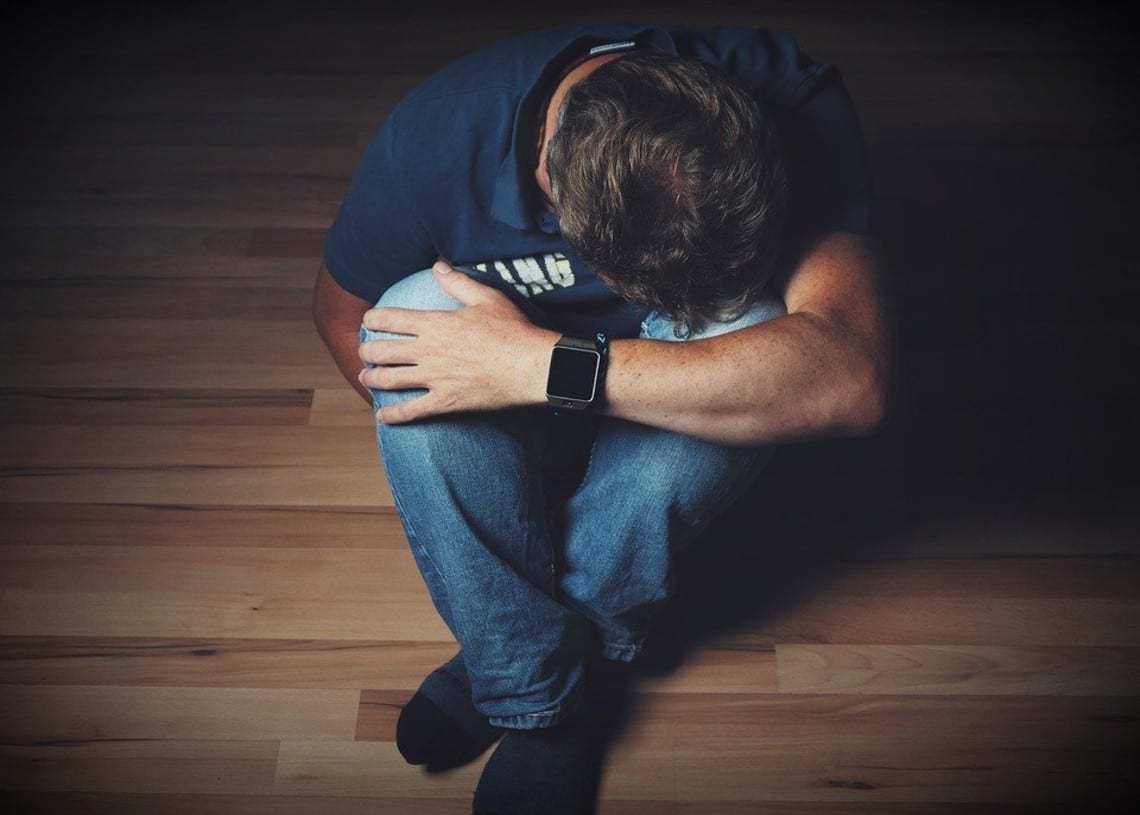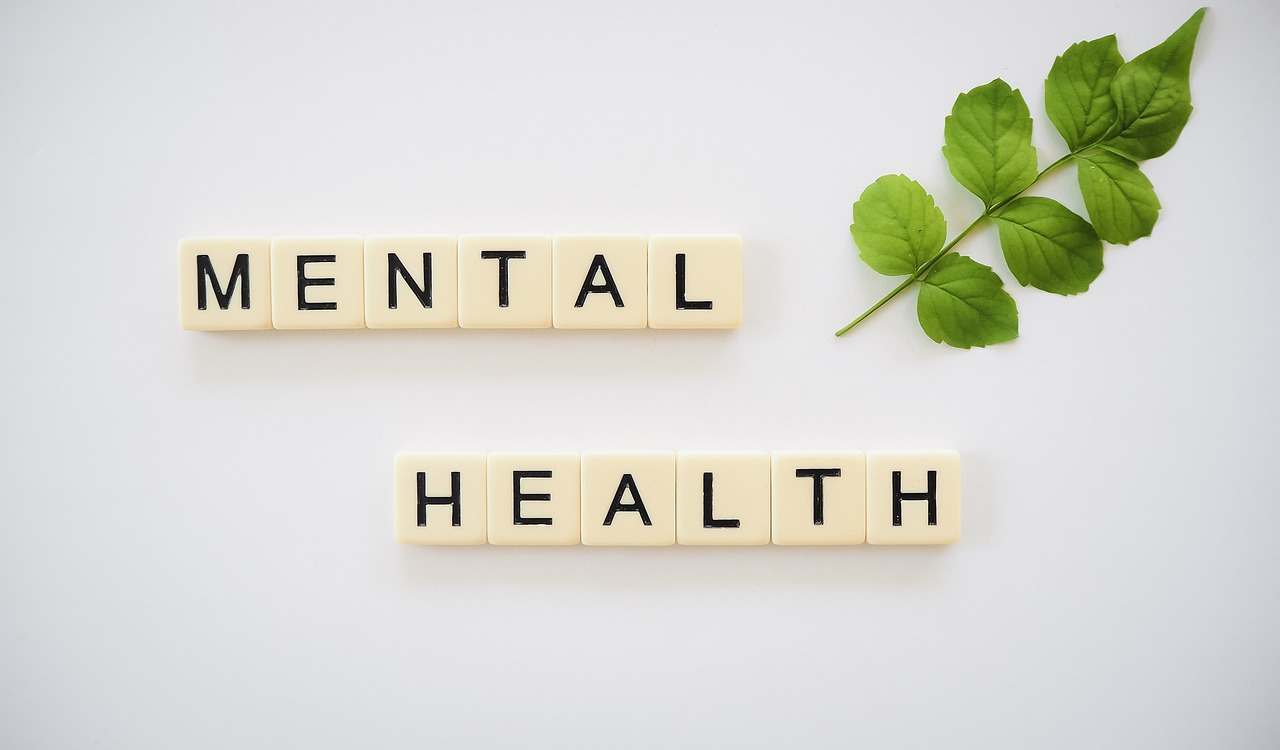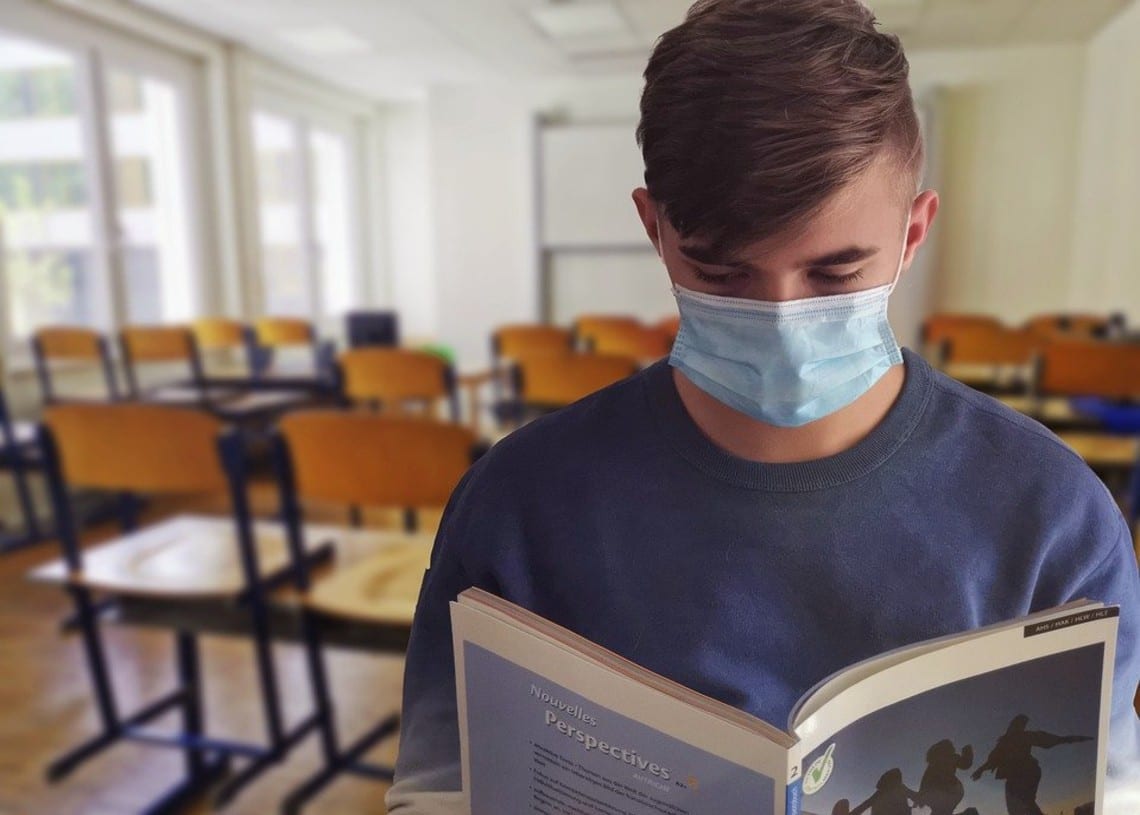A new study has found that young adults who spend 300 or more minutes per day on social media were 2.8 times more likely to go into depression within six months than their counterparts who spent 120 minutes or less.
The study, which was authored by Dr. Brian Primack, dean of College of Education and Health Professions and professor of public health at the University of Arkansas, has become the first large national study examining the impact of social media on mental health. The study is also significant because, unlike other studies that showed that there was a correlation between social media usage and depression, it highlights where this correlation exists.
Young adults, social media and depression
Dr. Primack indicated that, unlike other studies that were a chicken and egg question, where we didn’t know what preceded the other between depression and social media usage, this study clearly showed that increased usage of social media contributed to depression and not vice versa. The study also found significant evidence that for young adults who were already suffering from depression, their social media usage did not spike as a result of depression.
The study was published on December 10th and is expected to be in the February 2021 issue of the American Journal of Preventive Medicine.
The study started in 2018 and involved a sample of more than 1,000 young adults aged between 18 years to 30. Primack and his colleague measured the depression of these participants using a validated nine-item Patient Health Questionnaire which asked users about the amount of time they spend on social media platforms such as Twitter, Reddit, Facebook and Instagram. The study was also adjusted and controlled for parameters such as race, age, gender, education and income to ensure that it reflected the US population.
Dr. Cesar Escobar-viera, in his commentary about the study, indicated that the reason behind the increased depression for the young adults may have been as a result of spending too much time on these platforms. This made it hard for these social media users to bond and create new in-person relationships which further pushed them to depression.
Jaime Sidani, assistant professor of medicine at the University of Pittsburgh and co-author of the study also indicated that the positive outlook that is presented by social media users may be responsible for pushing so many young people into depression. The inability of these young people to measure up to social constructs being displayed on social media further isolates them from the real world they become depressed according to Jaime.
Featured image by Pixabay







